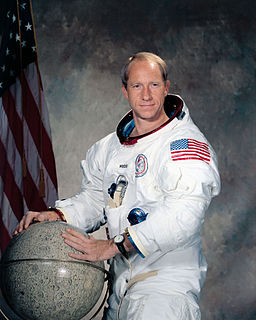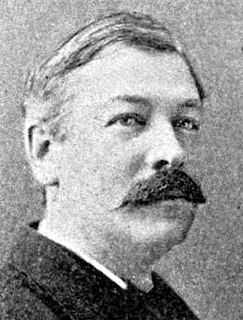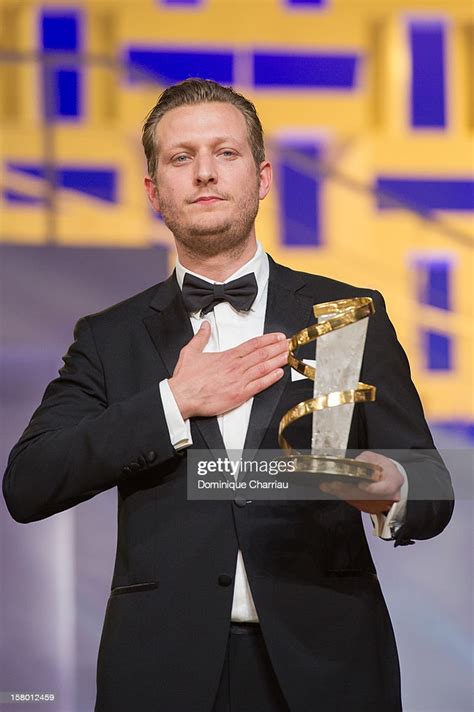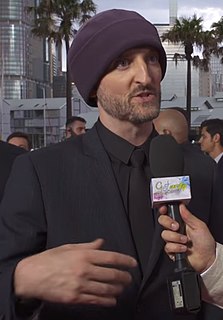A Quote by Edith Wharton
Dialogue in fiction should be reserved for the culminating moments and regarded as the spray into which the great wave of narrative breaks in curving towards the watcher on the shore.
Related Quotes
Quietly, like a night bird, floating, soaring, wingless. We glide from shore to shore, curving and falling but not quite touching; Earth: a distant memory seen in an instant of repose, crescent shaped, ethereal, beautiful, I wonder which part is home, but I know it doesn't matter... the bond is there in my mind and memory; Earth: a small, bubbly balloon hanging delicately in the nothingness of space.
We all have an ongoing narrative inside our heads, the narrative that is spoken aloud if a friend asks a question. That narrative feels deeply natural to me. We also hang on to scraps of dialogue. Our memories don’t usually serve us up whole scenes complete with dialogue. So I suppose I’m saying that I like to work from what a character is likely to remember, from a more interior place.
The waves broke and spread their waters swiftly over the shore. One after another they massed themselves and fell; the spray tossed itself back with the energy of their fall. The waves were steeped deep-blue save for a pattern of diamond-pointed light on their backs which rippled as the backs of great horses ripple with muscles as they move. The waves fell; withdrew and fell again, like the thud of a great beast stamping.
There is really no fiction or non-fiction; there is only narrative. One mode of perception has no greater claim on the truth than the other; that the distance has perhaps to do with distance - narrative distance - from the characters; it has to do with the kind of voice that is talking, but it certainly hasn't to do with the common distribution between fact and imagination.







































